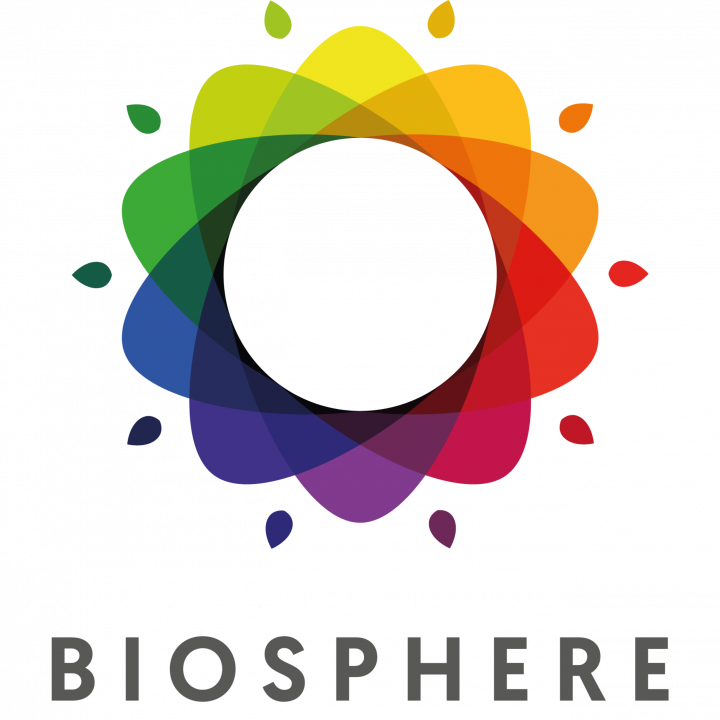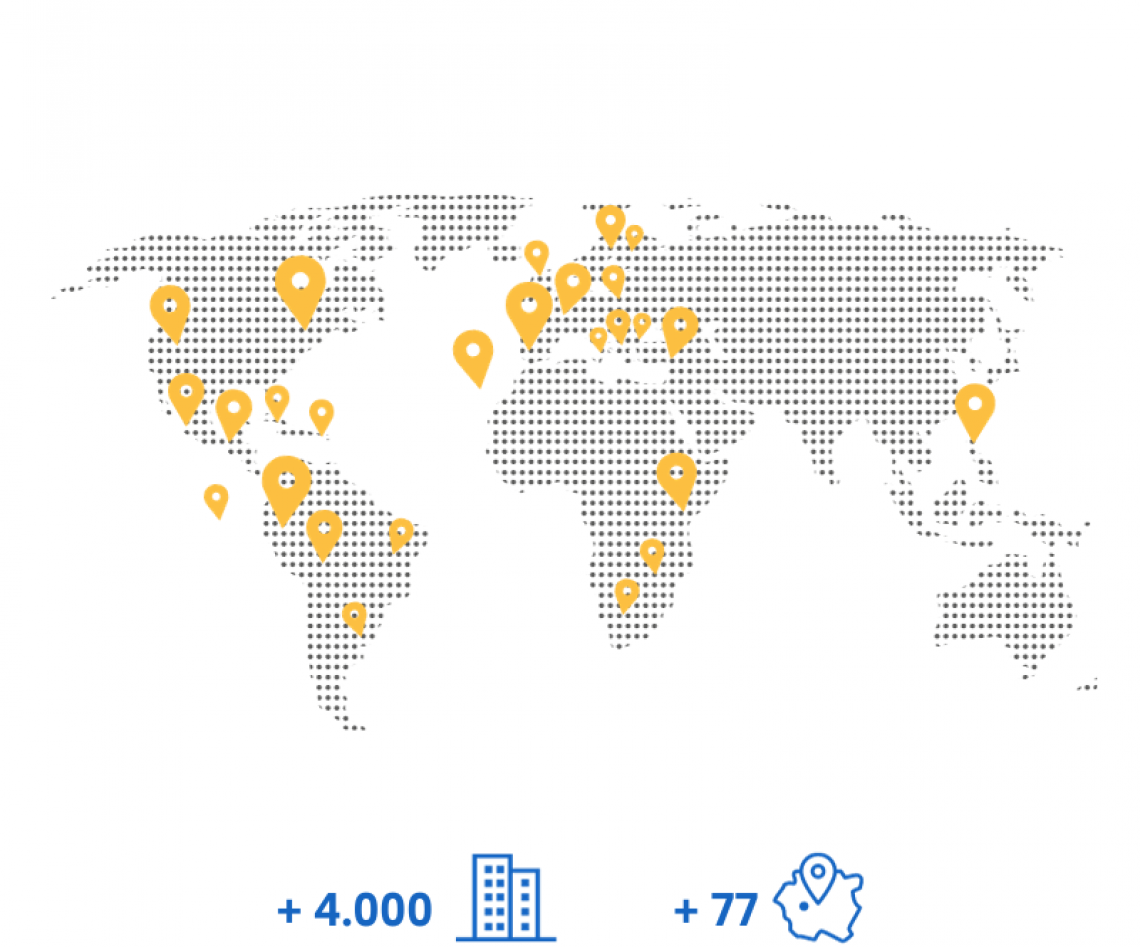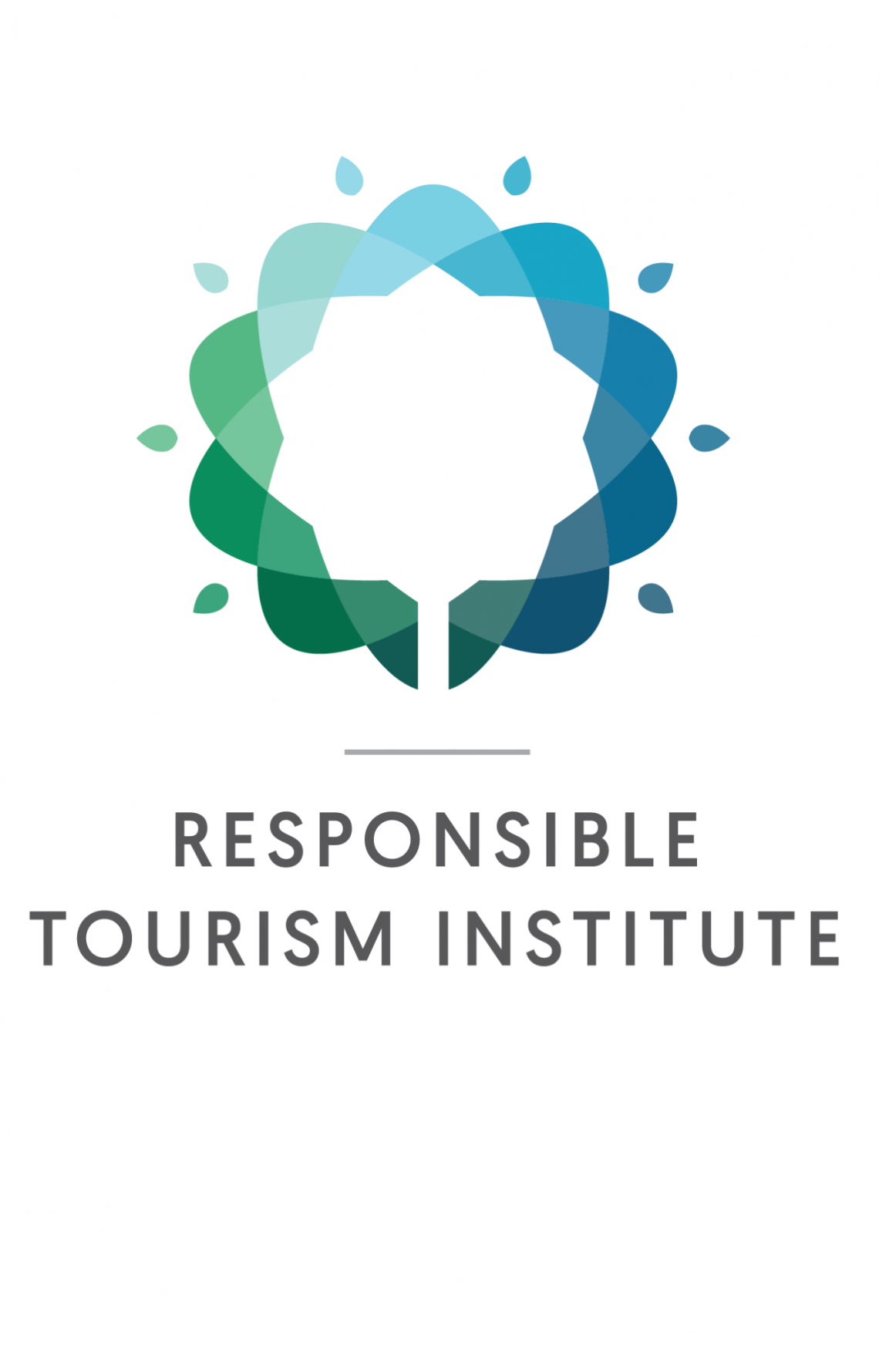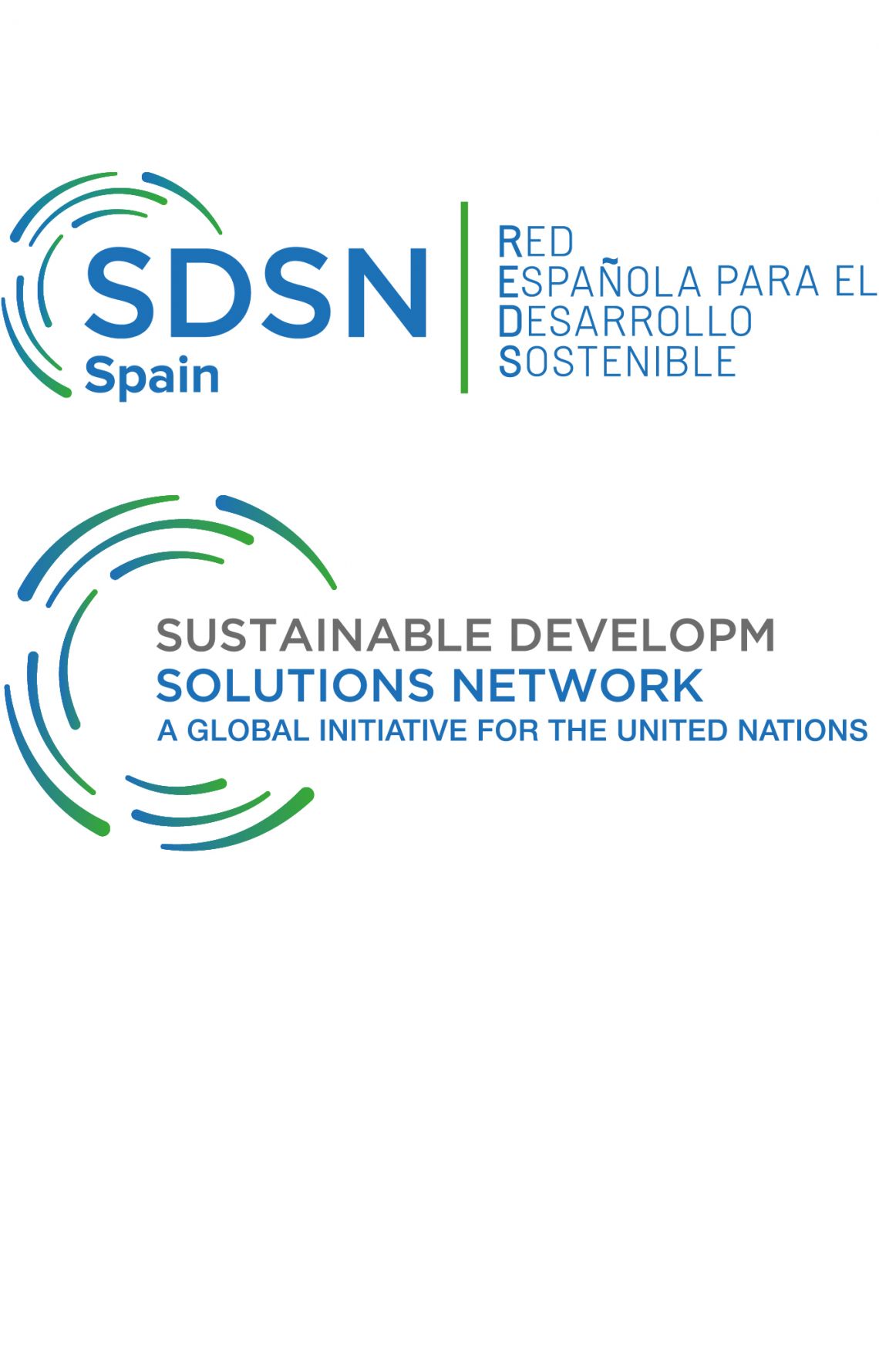Biosphere® is the international system worldwide for applying continuous improvement processes, connected in real time with the United Nations 17 SDGs and 169 targets, and with indicators developed with the UN-SDSN.
Created by the Responsible Tourism Institute (RTI), Biosphere is the unique sustainability management and certification methodology for companies and destinations, where their sustainable efforts are connected, publicly valued and guaranteed with universally recognised criteria.
With a 100% digital methodology and management platform, at Biosphere we involve and mobilise all stakeholders for a real commitment to sustainability. Communicating in 9 languages, we have created a global community, with thousands of companies and destinations where people share experiences and good practices, between different sectors and realities, under a common language.

Recognised by the European Commission and other international bodies, Biosphere certification harmonises all sustainability standards under a common methodology, in accordance with the United Nations 17SDGs and 169 targets. Biosphere represents the universal homogenising and facilitating system, with close connection to official or UN-related bodies, to implement continuous improvement processes that integrate all international sustainability criteria and standards.
Biosphere was the first methodology in the world to address socio-cultural, as well as environmental and economic aspects in sustainability management and certification processes. It was also the first to be applied at destination level on an international scale, and the first to certify sustainability with its three fields in the hotel accommodation sector in 1997.
After more than 25 years of being applied in companies and destinations all over the world, Biosphere is recognised as the best sustainability management and recognition tool in the world, as stated in the international report drawn up by the University of Sherbrook and Tourisme Durable Quebec.
More than 55 destinations around the world work with Biosphere to align their public policies and business models with the objectives and principles of the United Nations, and it is a system chosen by more than 4,000 companies from 77 different countries.

Since 1997 we have been at the forefront of action, building sustainable models and transmitting a culture of sustainability. At Biosphere we are proud to lead projects and milestones that move the world; global movements focused on achieving more conscious and responsible societies and minds. Take a look at our latest challenges:
Destinations that work with Biosphere to improve their sustainability and that of their business fabric, are among the top 10 positions of the Environmental Labels and Schemes Indicator of the European Union.
Transforming the Future, a project with Zurich Foundation for the social promotion of fice Latin American countries using the Biosphere methodology as the roadmap, awarded the Best Sustainable Tourism Project TIS 2023.
Creation of the universal methodology for sustainable gastronomy. Pioneering implementation of this methodology with a pilot project in Barcelona, with the support of Barcelona Turisme and VISA.

BIOSPHERE© certification is awarded by the Responsible Tourism Institute (RTI), an independent body created in 1997 with the aim of promoting sustainable development actions and programmes in tourism destinations and companies. With more than 25 years of experience in the sector, the RTI was created with the support of UNESCO through a Memorandum of Understanding that has enabled the development of activities, projects and cooperation events between the two organisations. It is also a founding member of the Global Sustainable Tourism Council (GSTC).
A pioneer in the sector, Biosphere was the first sustainability certification system to incorporate social and cultural issues (1998), the first system able to recognise and value the sustainable efforts of a destination worldwide (2009) and the first to develop an online certification process (2015). Since 2017, the Responsible Tourism Institute's system has been chosen as the best sustainability certification tool, constituting the only methodology to align the practices of destinations and companies jointly and with the 2030 Agenda, its 169 goals and 17 Sustainable Development Goals (SDGs).

The Sustainable Development Solutions Network (UN-SDSN) is the international reference network for the achievement of the SDGs. Formed by expert groups, companies and civil society, and organised by national and regional networks, it is the official network for the preparation of annual sustainability reports.
Created in 2012 by the Secretary-General of the United Nations, the UN-SDSN Spain (REDS) collaborates with the RTI in the development of the Biosphere indicators and measurement methodology. Explore Biosphere's methodological development work with SDSN in detail at this link.
Both entities jointly develop the parameters for measuring the contribution of the work that Biosphere members demonstrate, through and in connection with the 169 targets and the 17 Sustainable Development Goals.